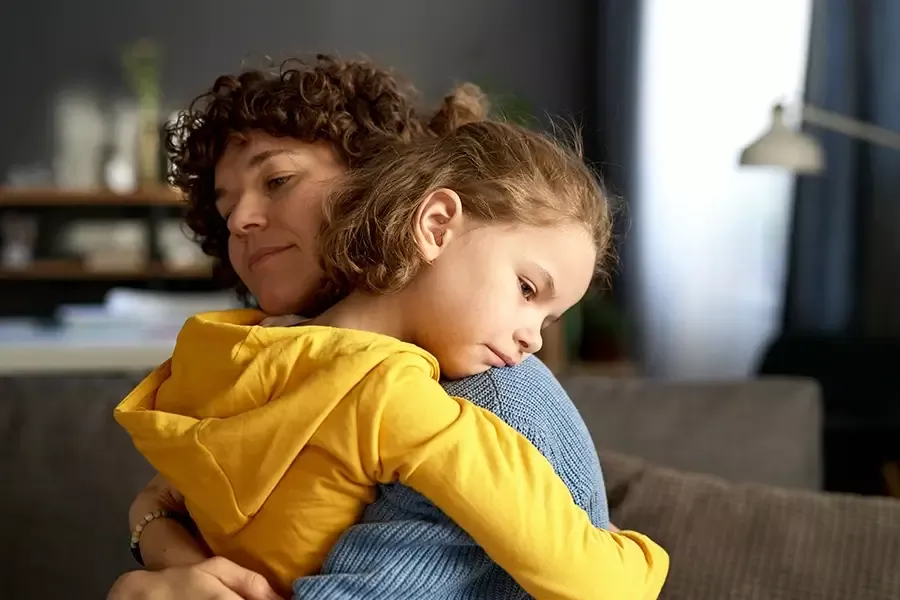
As caregivers of children and teens, we cannot control or prevent natural disasters or mass casualties from happening. But we can help our children feel safe and heard as they process what is occurring in the world.
Children may experience a wide range of emotions and turn to trusted adults for guidance and support in coping. Some children may not bring up the topic, but please keep in mind they may be processing the events or trauma internally. Below are some possible reactions and tools to help guide you in conversations with your children and teens. Keep in mind that this is not an exhaustive list and reactions will vary according to age, development, exposure to events, and may change over time. We hope this list is helpful in supporting you and your children.
Tips for Helping Your Child Cope
- Limit the amount of social media and news coverage of traumatic events
- Allow your child to process the information at his/her own pace
- Keep routines and expectations as much as possible (bedtime, homework, school, extracurricular activities)
- Be honest and use language that your child understands
- Encourage your child to ask questions
- Validate your child’s feelings (for example, “It’s okay to feel worried.”)
- Utilize your family values to help your child cope such as faith/spiritual practices
- Research ways to get involved in relief efforts
- Remind your child of the ways he/she is safe
- Find positive outlets for your child to express big emotions (for example, jump on the trampoline, journaling, art, go to the park)
Importance of Self-Care for Caregivers
- It is common for children to sense adults’ reaction and emotions
- It is important to be able to label and address your feelings in order to be positive examples of how to deal with these traumatic events.
- Find other trusted adults to discuss your reactions with, seek professional help if needed, and engage in activities that you enjoy.
- Remember that it is okay to not have all the answers or the perfect things to say.
Common Reactions for Children and Teens
- Behavioral and emotional changes/outbursts
- Anxiety regarding safety of self and loved ones
- Loss of appetite
- Headaches and stomachaches
- Bringing up past traumatic events
- Having no outward emotional reaction to discussions around the event or normal activities
- Not wanting to go to school or interact with peers
- Changes in school performance
- Having questions about religion and beliefs
- Difficulty concentrating
- Regression to behaviors that the child no longer engaged in such as bed wetting, difficulty sleeping by self, nightmares, wanting a light on to sleep, separation anxiety, or thumb sucking
- May express their fears and emotions through play and art such as acting out what they know about the traumatic situation or having themes of the event show up in art
If you need additional information or further guidance on how to talk with your child, please call Huntsville Hospital for Women & Children’s Child Life Services team at 256-265-7242.
Should any of these changes in behavior persist, seek professional help.
By Brittany Ellisor and Emily Manley


